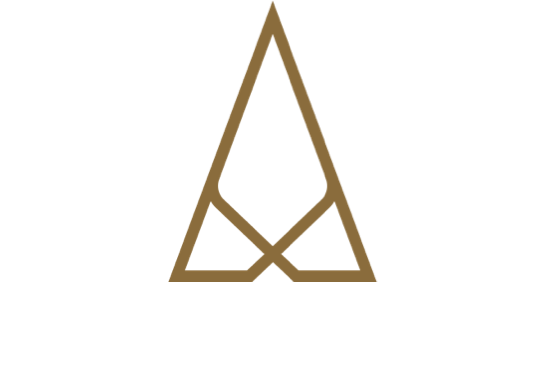
The Future of Open Gaming
Our Response to the OGL 1.1
In the year 2000, former VP of Role Playing Games at Wizards of the Coast, Ryan Dancey, authored the Open Gaming License. A document that granted third-party creators the ability to create and sell original content using an abstracted version of the core rules for Dungeons & Dragons. 22 years later, millions of players around the world enjoy nearly an unlimited number of campaign settings, adventures, and game supplements that cover a diverse gamut of interests, alternate histories, and cultures. Now, under new leadership, Wizards of the Coast has determined that D&D is under-monetized, and that the best starting point for extracting more value out of the brand is by modifying the OGL to require creators to report on, and ultimately share their revenues. To have a perpetual, worldwide, royalty-free license revoked after 22 years has left many creators, publishers, and business owners in a tough spot.
By now you’ve heard of the unpopular changes that Wizards of the Coast has chosen to make to the Open Gaming License and how those changes affect players of Dungeons & Dragons and the community of creators who make third-party content for the game.
Here’s what that means for Alchemy, and how we’re responding:
Wizards of the Coast owns D&D and they have the right to make changes to how they share it, but this affects Alchemy and our users in several ways:
As a “Virtual Tabletop,” we will not be able to build or sell conversions of titles released under the OGL 1.1, which only covers the commercial distribution of static electronic files, such as PDFs. (section 1, B)
We will no longer be able to build or sell conversions of titles previously released under the OGL 1.0, since 1.1 explicitly references 1.0 as “no longer an authorized license agreement.” This applies to many of the titles on our Marketplace that we’ve converted for use on Alchemy. (section 10, A)
Our original title, Lore of Aetherra: The Lost Druid, which was created specifically for Alchemy and released under the OGL 1.0, will no longer be able to be sold on our platform as is.
We will be required to remove the System Reference Document (SRD) from Alchemy, which includes the core monsters, spells, and rules for Dungeons & Dragons.
We will continue to stand with and use the Alchemy platform to support third-party creators throughout this difficult time of transition.
We will be setting aside resources to assist our existing Creator Partners in converting their titles to agnostic or new game systems.
We will support and host new and (truly) open rulesets created by and for the creator community on our platform.
We will use our reach to help creators promote new projects throughout the TTRPG community, which may have significantly smaller addressable markets than D&D 5e.
We will remain focused on making Alchemy a platform where you can play your favorite roleplaying game, no matter what it is.
Despite the removal of the SRD, we remain committed to making it easy to set up and play roleplaying games on Alchemy, including any edition of D&D.
We’ve been lucky to partner with some of the best TTRPG publishers in the industry and in the coming months will be bringing support for titles from creators like Free League Publishing (Year Zero Engine) Modiphius Entertainment (2D20 System) and Chaosium (Call of Cthulhu).
In December we launched a system agnostic game feature into Early Access, which allows gamemasters to create their own custom character sheets, trackers, actions, and dice rolls. We will continue to build on this feature over time.
OGL 1.1 introduces a few minor obstacles for us to maneuver, but we’ll remain focused on accomplishing our goals for Alchemy, which are:
To create the most intuitive, immersive, and complete TTRPG experience possible, whether that’s playing games, building worlds, discovering new content, or streaming your campaigns.
We believe that with every challenge comes opportunity. We’re excited to embrace those opportunities, be a force of good in the TTRPG community, and continue to support passionate creators who make the hobby more open, diverse, inclusive, and fun.

